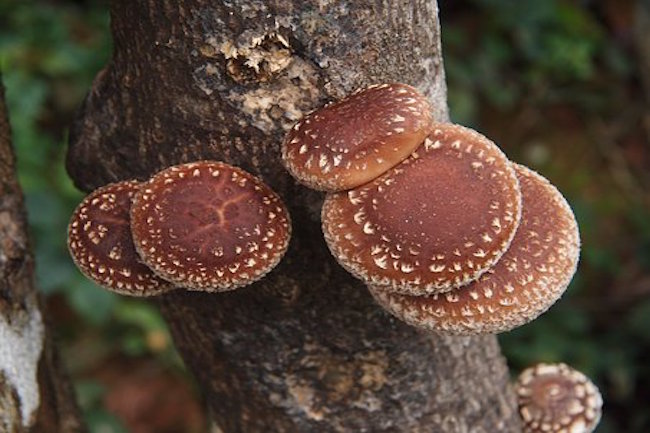Can Beta-Glucans Be a Weapon Against Infections? by Dr. Joseph Mercola for Mercola
Beta-glucans are naturally occurring long-chain carbohydrates known as polysaccharides, found in yeasts, fungi, bacteria and certain plants, including seaweed.1
Widely available as a dietary supplement, beta-glucans have received little fanfare compared to other more popular supplements, but there is reason to believe they may be useful for stimulating the immune system and warding off everything from infectious diseases to cancer.2
At the foundation of their benefits may be the ability to ramp up the innate immune system, a mechanism first suggested by Dr. Rolf Seljelid, professor emeritus at the University of Tromsø in Norway. In the 1980s, he noticed that sea urchins have a unique ability to survive, and thrive, in very polluted waters, including those contaminated with bacteria- and virus-ridden hospital runoff.
“It struck me that they must have some quality that keeps them from getting sick. Something we know nothing about,” Seljelid told Science Norway. Part of his life’s work became uncovering what that “something” was, and it turned out to be beta-glucans.3
Beta-Glucans Protect Against Infection, Cancer
Seljelid’s early research revealed that a certain type of beta-glucan known as beta-1,3 / 1,6-glucan may be beneficial for the innate immune system, which is your first line defense made up of natural killer (NK) cells, macrophages and white blood cells like neutrophils.
He and colleagues conducted a study on mice, which found that those injected with beta-glucan were not affected by a dangerous bacterial infection, while animals that didn’t receive beta-glucan died. Beta-glucan doesn’t have antibacterial properties, so it was suspected that it may work by making the body’s immune system stronger and more able to fight off the infection.
This led Seljelid to suspect it might be useful in cancer, too, and his early research again yielded impressive results. When mice with cancerous tumors received beta-glucan intravenously, their tumors disappeared.4 “After only six hours, the tumors had begun to collapse in many of the mice given beta-glucan. Fourteen days later, the tumors were gone,” Seljelid told Science Norway.5
In fact, beta-glucans have been used as a cancer treatment in Japan since 1980, and according to a 2007 report in Medicina, beta-glucans can prevent oncogenesis — the process in which healthy cells become cancer cells — by protecting against carcinogens that damage cellular DNA.6
Beta-glucans also help reduce inflammation associated with cancer and fight against metastasis, cancer recurrence and tumor drug resistance.7 Decades later, the Memorial Sloan Kettering Cancer Center in New York is conducting research into the combination of beta-glucans and cancer vaccines to treat children with severe neuroblastoma.
While only 40% to 50% of neuroblastoma patients typically live for five years after conventional treatments, those who received the beta-glucan along with the cancer vaccine had much higher survival rates.
“They have been working for years with a vaccine, which has a limited effect. But with the combination of the vaccine plus beta-glucan, around 90% of children were alive after five years. It is absolutely sensational,” Seljelid said.8
The Memorial Sloan Kettering Cancer Center has even applied for a patent for beta-1,3 / 1,6-glucan for use with cancer and along with vaccines for influenza. In January 2020, a team of Italian researchers further noted that beta-glucans appear to have a promising potential in the control of cancer:9
“A main feature of β-glucans is their capacity to function as biological response modifiers, exerting regulatory effects on inflammation and shaping the effector functions of different innate and adaptive immunity cell populations. The potential to interfere with processes involved in the development or control of cancer makes β-glucans interesting candidates as adjuvants in antitumor therapies as well as in cancer prevention strategies.”




